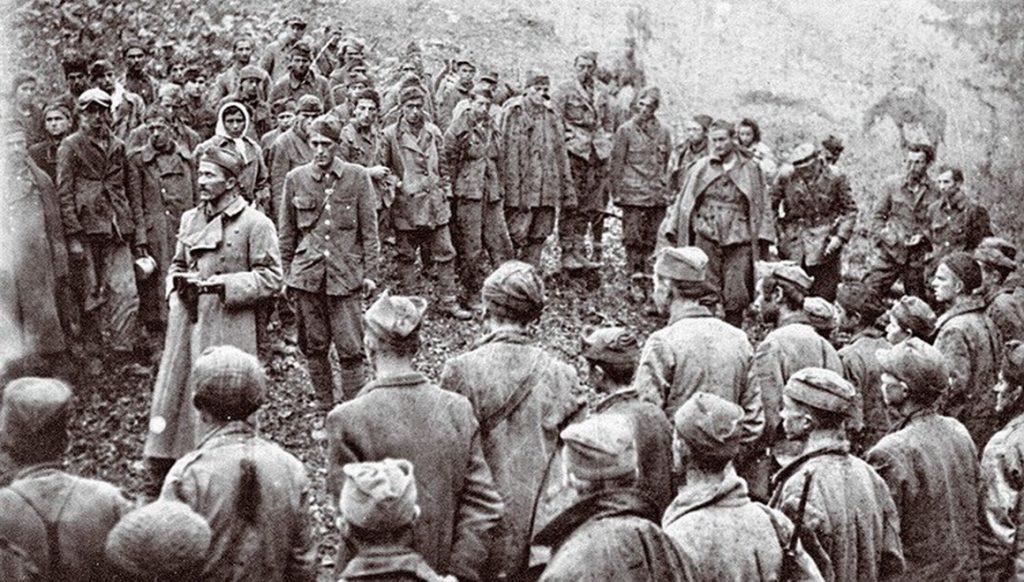The Battle of Sutjeska, also known as Operation Schwarz, was one of the most important and bloodiest battles of the Yugoslav Partisan Army during World War II. Fought from May 15 to June 15, 1943, it was an attempt by German-Italian forces to destroy the partisan units under the command of Josip Broz Tito. Despite heavy losses and harsh conditions, the partisans managed to break through the enemy encirclement and avoid destruction, which was crucial for the further course of the war in Yugoslavia. The battle is portrayed as a symbol of courage, perseverance, and organization of the partisan forces, who fought against a superior enemy using terrain and guerrilla warfare tactics. Reports highlight human dramas, sacrifices, and heroism of the fighters, as well as the importance of international assistance, such as the arrival of the British military mission. The Battle of Sutjeska remains an important part of the collective memory and history of resistance against fascism in the region.
Political Perspectives:
Left: Left-leaning sources emphasize the heroism, sacrifice, and resilience of the Yugoslav Partisans under Tito’s leadership. They highlight the battle as a symbol of anti-fascist resistance and the unity of diverse ethnic groups fighting against Nazi and Axis forces. The narrative often includes the human cost and the moral victory despite the heavy losses.
Center: Center-leaning sources present the Battle of Sutjeska as a significant military engagement in World War II, focusing on the strategic and tactical aspects of the battle. They acknowledge the bravery of the partisans and the difficulties faced but maintain a balanced view that includes the broader context of the war and the complex political situation in Yugoslavia at the time.
Right: Right-leaning sources may focus on the military aspects and the leadership qualities of Tito, sometimes critically analyzing the decisions made during the battle. They might also emphasize the role of other groups and the complexity of the Yugoslav resistance, occasionally questioning the glorification of the partisans and highlighting the suffering of civilians and other factions.


















